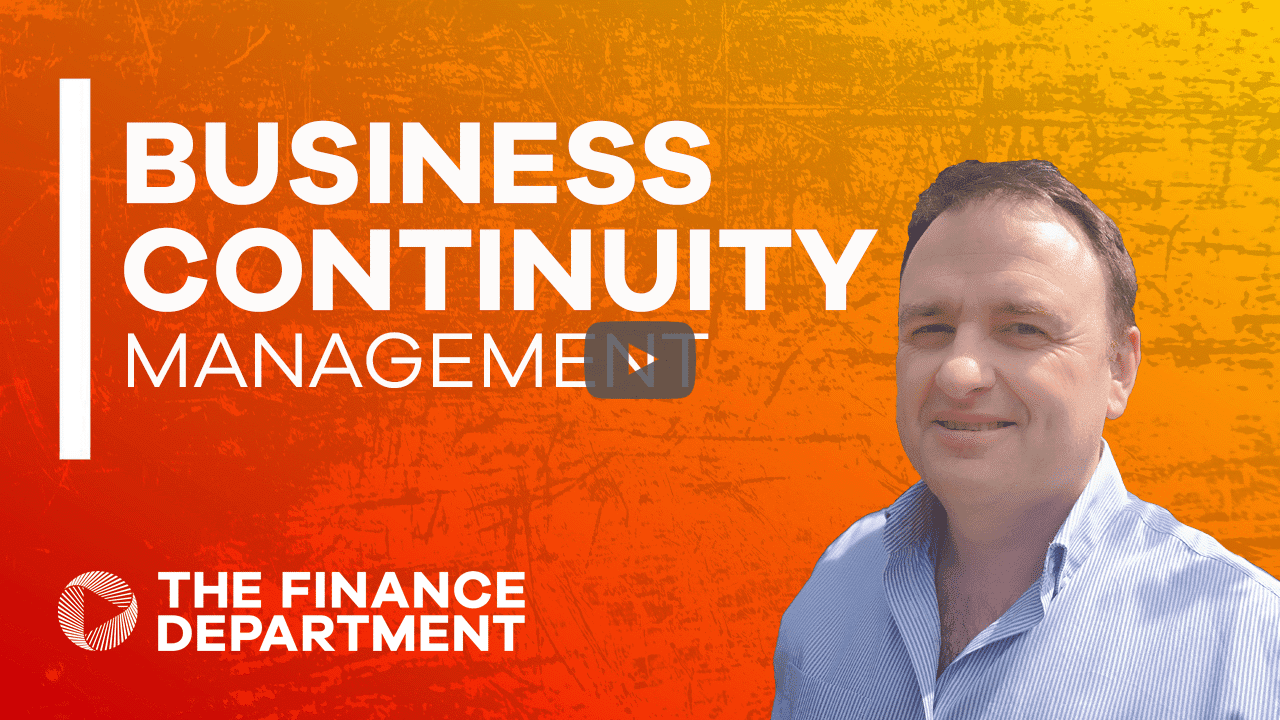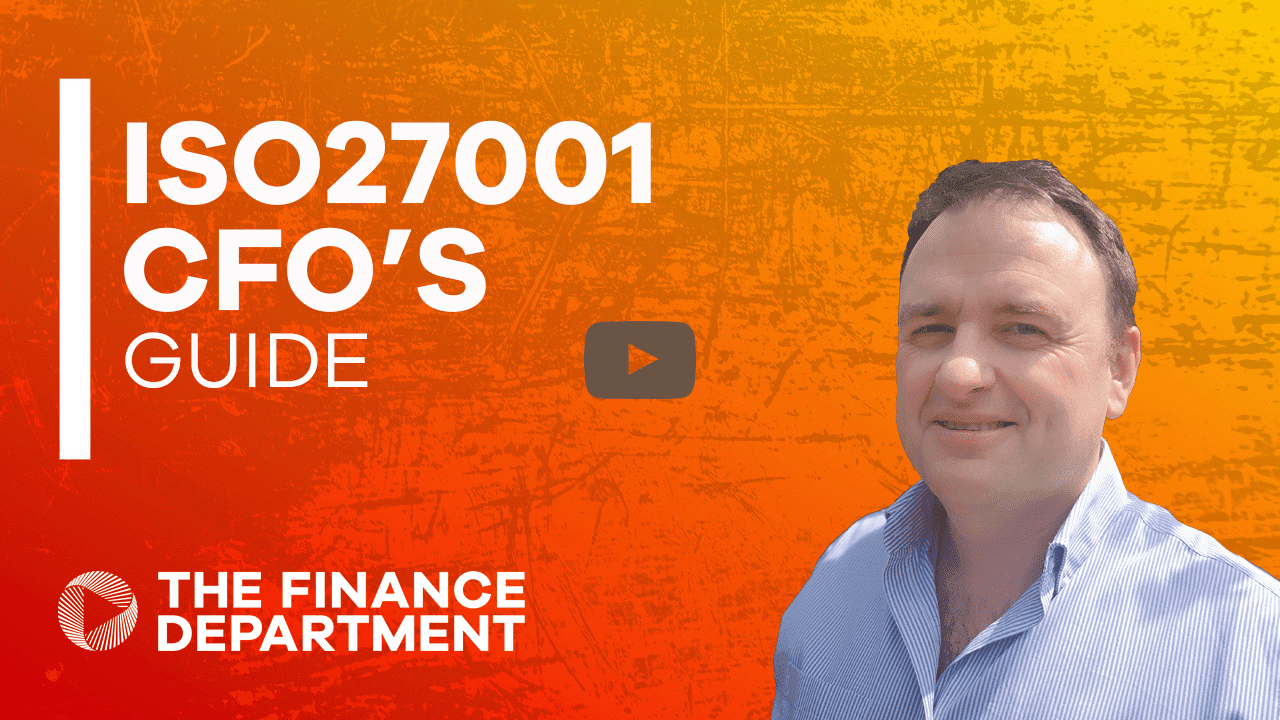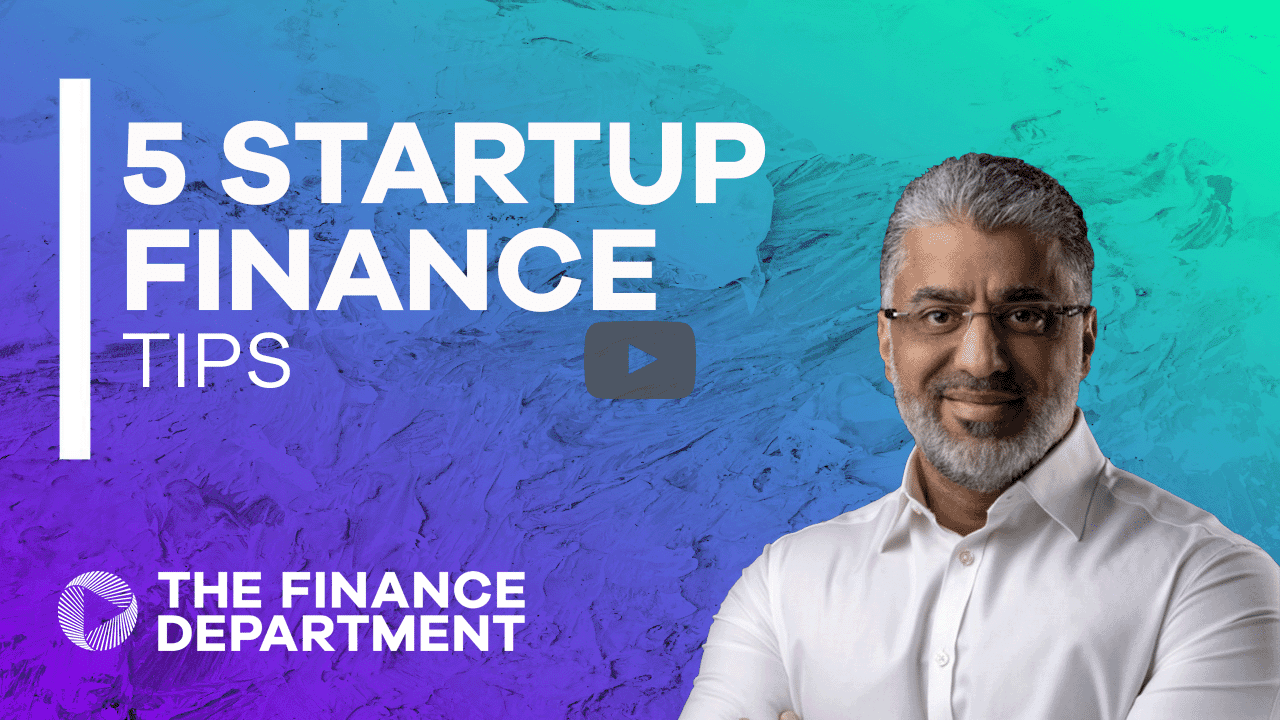Join today and start learning
TFD is the learning platform built for finance professionals.
This content is available as part of our bitesized video series.
Watch this video today by joining our free community.
Video : What is equity crowdfunding?
What is equity crowdfunding? | SyndicateRoom explains:
Equity Crowdfunding Explained. An introduction for investors to the world of investing in early-stage companies through equity crowdfunding.
All businesses need money to start, grow, and to change the world. By the time Coca-Cola bought out Innocent Smoothies in February 2013 the UK business was worth 320 million pounds.
When Twitter filed its IPO it was valued at over 13 billion dollars and just lately Facebook bought WhatsApp for a whopping 19 billion dollars. But none of these guys started out big, back when these companies were relative unknowns, the banks wouldn’t give the money so, they turned to private investors and those private investors wound up making a tidy profit, but who were they?
We’ve all heard of the brands but who were the investors that helped get their businesses off the ground in the first place? They’re often referred to as ‘Business Angels’. They’re like the Dragons from the BBC’s Dragons Den. Except there’s a lot more of them, they invest an estimated 850 mil-lion pounds in start-ups every year in the UK and over 24 billion dollars in the US. On average they see a 22 percent annual return and while it used to be that only the Angels could get a slice of those tasty returns, now there’s crowdfunding.
Thanks to the Internet, companies have found a new way to source the money they need. From hundreds or even thousands of people, the crowd, in return for their cash the crowd might receive rewards, such as tickets to an event, a free t-shirt or their name on a plaque. But an even newer model allows the crowd to own a small share of the company in return for their money, just like the Angels. It’s called equity crowdfunding and there are a number of platforms out there that of-fer deals for the crowd to invest in and facilitate the investment.
If the company they invest in makes it big, the crowd shares in the returns, if it fails, they lose what they’ve invested, but by investing in multiple start-ups like many angels do, the crowd can spread this risk and build a diversified portfolio of investments.
If amongst that portfolio there are a few choice investments that do really well they may more than cover their losses and the crowd will end up in profit. It’s not just about the money though, investing in start-ups and watching a company grow can be exciting, challenging and extremely rewarding.
In essence, there are two forms of ‘Equity Crowdfunding’: Entrepreneur-led and Investor-led. En-trepreneur-led platforms offer deals to small online investors. The entrepreneurs looking for such investment set the terms around their deals themselves how much their company is worth, what the share price will be and so on. And then the crowd can choose which deals they’d like to invest in.
Investor-led platforms only list deals that have been screened by experienced investors. Who are also investing their own money into the deal and negotiating the investment terms. The platform then offers the crowd the chance to invest alongside the angels, on the same terms that they have negotiated. If you have watched Dragon’s Den it’s like investing alongside one of the Dragons.
If you’re thinking about giving it a go you’ve probably got more questions. How do you choose which business to invest in? How do the platforms work? How do you get your money out? This series should help you. In the next video we’ll give you some tips on how to assess an investment opportunity you.
We’re a venture capital fund that uses data and diversification to maximise return potential. To do this we created the Access EIS fund: a uniquely data-driven approach to investing in startups that co-invests with the business angels we’ve identified as the top performing in the UK. Further, the Access EIS fund builds a portfolio large enough to capture the annual growth in the UK startup market, and gain access to the best deals.
Video: What is equity crowdfunding?
What is equity crowdfunding? | SyndicateRoom explains:
Equity Crowdfunding Explained. An introduction for investors to the world of investing in early-stage companies through equity crowdfunding.
All businesses need money to start, grow, and to change the world. By the time Coca-Cola bought out Innocent Smoothies in February 2013 the UK business was worth 320 million pounds.
When Twitter filed its IPO it was valued at over 13 billion dollars and just lately Facebook bought WhatsApp for a whopping 19 billion dollars. But none of these guys started out big, back when these companies were relative unknowns, the banks wouldn’t give the money so, they turned to private investors and those private investors wound up making a tidy profit, but who were they?
We’ve all heard of the brands but who were the investors that helped get their businesses off the ground in the first place? They’re often referred to as ‘Business Angels’. They’re like the Dragons from the BBC’s Dragons Den. Except there’s a lot more of them, they invest an estimated 850 mil-lion pounds in start-ups every year in the UK and over 24 billion dollars in the US. On average they see a 22 percent annual return and while it used to be that only the Angels could get a slice of those tasty returns, now there’s crowdfunding.
Thanks to the Internet, companies have found a new way to source the money they need. From hundreds or even thousands of people, the crowd, in return for their cash the crowd might receive rewards, such as tickets to an event, a free t-shirt or their name on a plaque. But an even newer model allows the crowd to own a small share of the company in return for their money, just like the Angels. It’s called equity crowdfunding and there are a number of platforms out there that of-fer deals for the crowd to invest in and facilitate the investment.
If the company they invest in makes it big, the crowd shares in the returns, if it fails, they lose what they’ve invested, but by investing in multiple start-ups like many angels do, the crowd can spread this risk and build a diversified portfolio of investments.
If amongst that portfolio there are a few choice investments that do really well they may more than cover their losses and the crowd will end up in profit. It’s not just about the money though, investing in start-ups and watching a company grow can be exciting, challenging and extremely rewarding.
In essence, there are two forms of ‘Equity Crowdfunding’: Entrepreneur-led and Investor-led. En-trepreneur-led platforms offer deals to small online investors. The entrepreneurs looking for such investment set the terms around their deals themselves how much their company is worth, what the share price will be and so on. And then the crowd can choose which deals they’d like to invest in.
Investor-led platforms only list deals that have been screened by experienced investors. Who are also investing their own money into the deal and negotiating the investment terms. The platform then offers the crowd the chance to invest alongside the angels, on the same terms that they have negotiated. If you have watched Dragon’s Den it’s like investing alongside one of the Dragons.
If you’re thinking about giving it a go you’ve probably got more questions. How do you choose which business to invest in? How do the platforms work? How do you get your money out? This series should help you. In the next video we’ll give you some tips on how to assess an investment opportunity you.
We’re a venture capital fund that uses data and diversification to maximise return potential. To do this we created the Access EIS fund: a uniquely data-driven approach to investing in startups that co-invests with the business angels we’ve identified as the top performing in the UK. Further, the Access EIS fund builds a portfolio large enough to capture the annual growth in the UK startup market, and gain access to the best deals.










